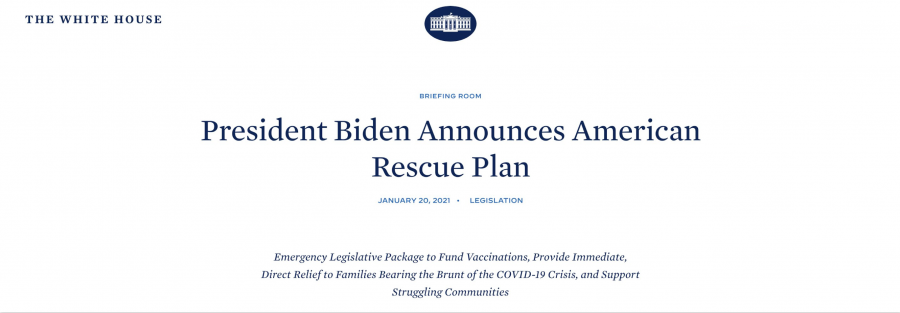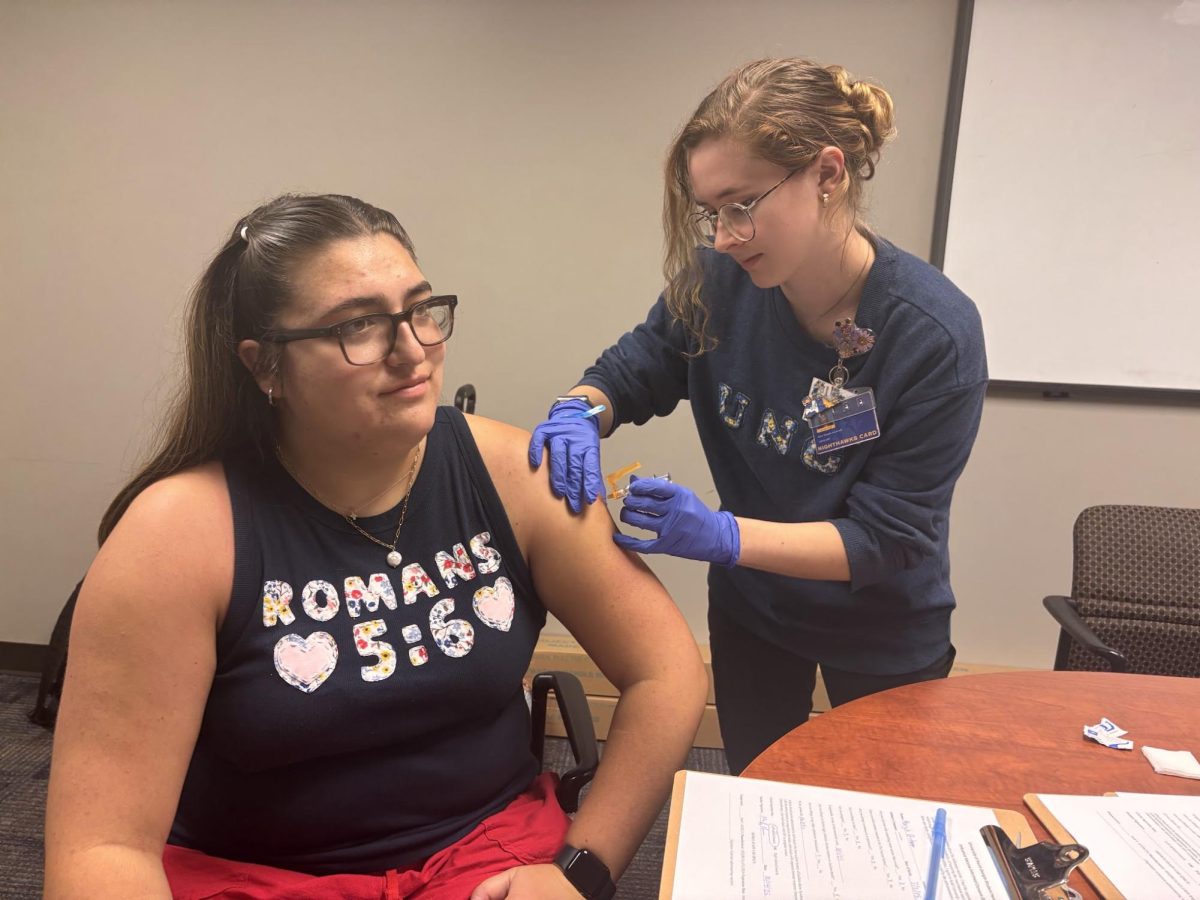A new stimulus plan is working its way through Congress starting Monday, including the plan to send a third round of stimulus checks to Americans. Here’s what this plan could mean for you.
The plan includes a round of $1400 stimulus checks for Americans under the income threshold. To get the full $1400, the adjusted gross income (AGI) threshold is $75,000 for single filers, $112,500 for heads of household, and $150,000 for married couples.
Above this threshold, the amount diminishes on a sliding scale based on how far above the threshold the AGI is.
Parents will also receive an extra $1400 per dependent.
In the past two stimulus plans, one of the biggest criticisms was the exclusion of dependents over 16 years old. Anyone 17 years or older that were still claimed on their parents’ taxes did not get any money, nor did their parents get extra money for them.
This plan focuses on fixing that hole in the stimulus. If passed, the stimulus checks would add an additional $1400 per qualified dependent, including 17-year-olds and adult dependents.
This means that if a college student is claimed by their parents on their taxes, their parents would get the extra $1400 for them.
Another way for college students to get this round of stimulus checks is to file their own 2020 taxes before the checks go out.
The most recent tax return is used to decide who gets the stimulus money, so if students were to file as independent filers for 2020, they would be eligible to get the money sent directly to them. They can also claim the money from the last two stimulus checks this way.
This also means that filing 2020 taxes is the chance to show any effects COVID-19 has had on your income or that a new child has been adopted or born.
There are some representatives in Congress who believe that the stimulus plans have been too costly.
Ohio Senator Rob Portman wants the income cap lowered to $50,000. “Let’s target it. We really want to help those who need it the most,” said Portman.
I spoke with college students about what they would use the stimulus money for and whether they believe they truly need the money.
Eric C., sophomore at Bowling Green State University, said he would use his stimulus check for a down payment on a car or to put into savings. “I absolutely do not need the money,” he said.
A junior at the University of North Georgia said that she would use the money for college tuition. “Yes, I 100% need it,” she said.
“I completely support myself and I lost my job due to COVID. I really need the money.”
Brendan F. said he would use the money to afford his medicine and help pay for doctor visits. “My bank account is negative,” he said.
Peter B. says getting the stimulus checks would have allowed him to become less exposed and overworked during the pandemic.
“As an essential worker who is in college, I’ve had to take as many hours as I can get, meaning working overtime, often straining school and workloads because of the need to pick up work hours.”
Clearly, the need for the stimulus money varies greatly, even among college students.
The stimulus plan also includes an extension of the unemployment federal bonus of $400 per week and the inclusion of “mixed-status households,” meaning families with non-citizen parents and citizen children can receive the stimulus.
The timeline is very straightforward for this plan, as representatives in both the House and Senate have stated their goals for passing this bill.
The House of Representatives is starting the process on Feb. 22 and hopes to pass it onto the Senate by Feb. 28. The Senate then has a goal to pass it to Biden for signing by Mar. 14.
If all goes to plan, the checks could be sent out as early as mid-March.
The full bill that is going through the House of Representatives can be found on the House budget website.





























